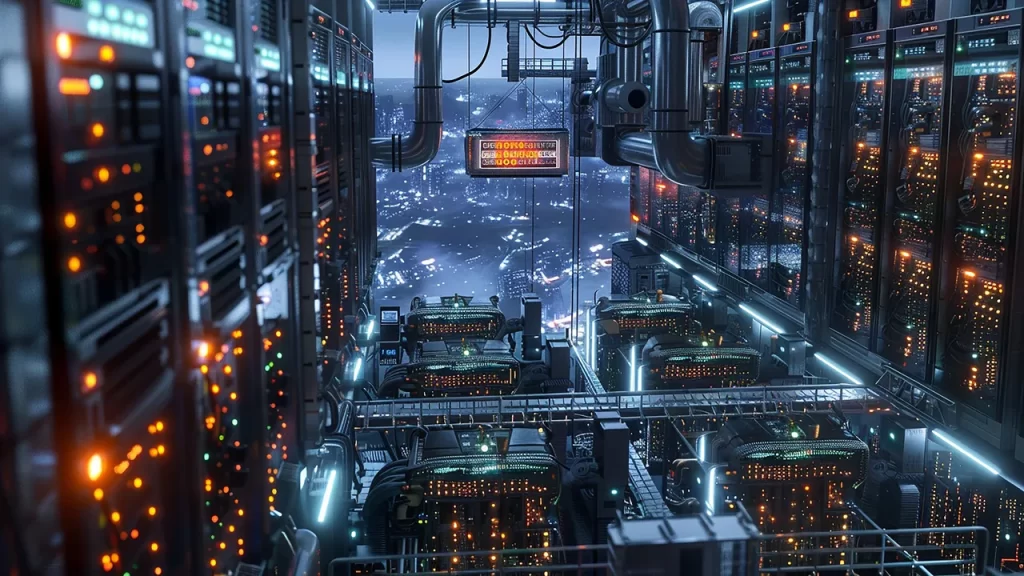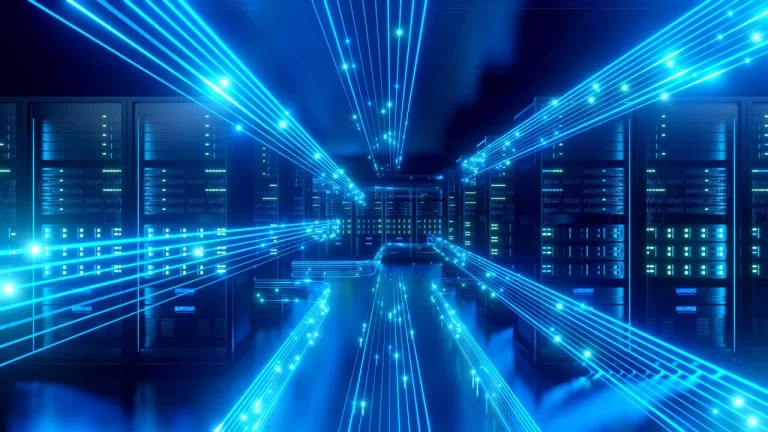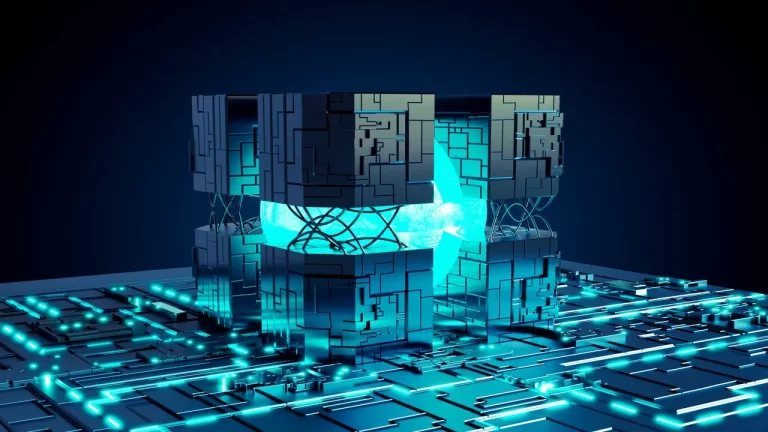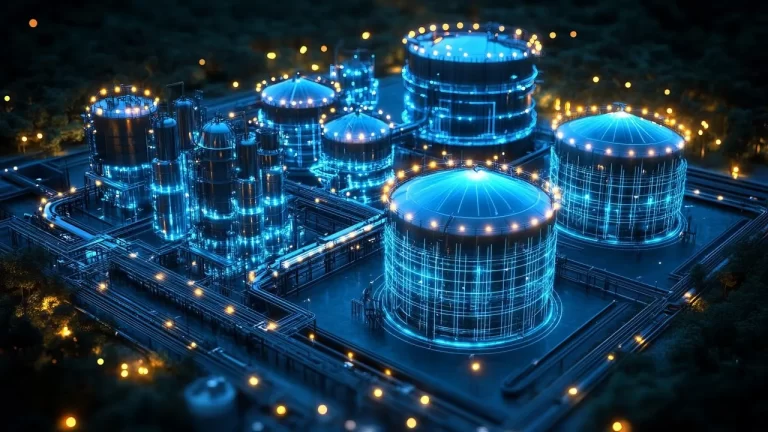Cloud-native application development for 2025 focuses on delivering agile systems at scale with optimal efficiency through the combination of Kubernetes deployments with serverless technologies and AI automation capabilities. Modern organizations build their resilient and highly scalable applications through the adoption of microservices architecture and containerization together with service mesh technologies. Cloud-native applications depend largely on Kubernetes orchestration which remains the leading platform yet AI-powered workload management with edge computing capabilities enhances the optimization of such deployments. The adoption of low-code and no-code development solutions enables businesses to speed up application production without needing traditional software development practices.
Security together with compliance exist as primary concerns when implementing cloud-native development approaches in 2025. The implementation of DevSecOps practices provides security integration during all development stages to detect and resolve vulnerabilities in the present moment. Application security receives improved protection because Zero Trust architecture pairs with automated policy enforcement systems especially across hybrid and multi-cloud environments. Isolation designs in cloud-native development gain prominence due to sustainability demands because organizations focus on both energy-efficient code development and carbon-aware computation. The future of flexible high-performing future-proof application development depends on implementing cloud-native development strategies by businesses in their digital transformation initiatives.
Approval of Green Integrated Data Centre Parks
The Maharashtra government authorized the development of Green Integrated Data Centre Parks in October 2024 through an investment plan of ₹1.60 lakh crore. The project seeks to appeal to data center sector global leadership and multinational corporations thereby establishing Maharashtra’s leadership role in the industry. This venture will lead to the establishment of 500 direct high-skilled positions and 3,000 indirect positions thus reinforcing the state’s economic expansion.
The policy targets these parks to strengthen data center operations through environment-conscious methods that match India’s 2070 carbon neutrality target. The parks will establish themselves with minimum available power capacity reaching 500 megawatts and companies must invest at least ₹30,000 crore through the next decade. These projects maintain an incentive period reaching twenty years to drive the establishment of sustainable digital infrastructure across the state for an extended period.
Amazon Web Services (AWS) Investment
Amazon Web Services (AWS) declared in March 2025 that they would invest $8.2 billion across Maharashtra during the upcoming years. The investment positioning is consistent with India’s push to enhance local cloud data storage because studies indicate the cloud services market will expand from $8.3 billion in 2023 to $24.2 billion by 2028. The planned investment aims to create more job opportunities while AWS intends to deploy their advanced technologies and cloud services in India if the timeline proves accurate.
AWS currently operates data centers in Mumbai and Hyderabad. This new investment underscores AWS’s commitment to supporting India’s digital growth and meeting the increasing demand for cloud services in the region.
Adani Group’s Hyperscale Data Centres
The Adani Group collaborated with Maharashtra in January 2024 to establish 1 GW hyperscale data center infrastructure through a ₹50,000 crore investment over ten years under their memorandum of understanding. The data centers are scheduled for important locations including Mumbai or Navi Mumbai and Pune with renewable energy supplying power which strengthens the state’s environmental infrastructure systems. The project setup will create both direct and indirect job opportunities for 20,000 individuals.
The initiative supports Maharashtra’s efforts to boost information technology infrastructure since the proposed hyperscale project brings economic and social advantages to the state according to government policies. Through its investment the Adani Group takes a major stride to establish Maharashtra as a world-leading data center hub.
Expansion of Data Centre Capacity
The data center capacity in Maharashtra will expand from 500 MW to 800 MW during 2028 while securing its position as India’s central digital infrastructure center. The state organizes this expansion because it needs to handle both rising data storage and processing requirements which emerge from the fast-growing Artificial Intelligence (AI) technologies. This green technology expansion points toward environmentally friendly practices while working toward India’s carbon emission reduction targets.
The state demonstrates forward-thinking by bolstering its data center capacity because it wishes to boost digital economic support and international business investment. Expanded data center facilities will generate new job positions that will boost the state economy through development.
Establishment of Four New Data Centre Parks
The Maharashtra state government intends to establish four data center parks throughout Mumbai and Pune and Nagpur strategic locations. The data park facilities aim to bring worldwide businesses and enhance the state’s computer systems infrastructure as well as generate high-tech employment. Data center industry leadership is a key goal for Maharashtra State through this initiative.
These data center parks will produce steady tax revenue both directly and indirectly when the promotion period ends. Approximately 500 positions for high-tech professionals directly combined with 3,000 future positions spread across various sectors will develop in support of state economic expansion. The state demonstrates its dedication to improving data center infrastructure while sustaining its position as a leader in India’s digital economy through these programs.







